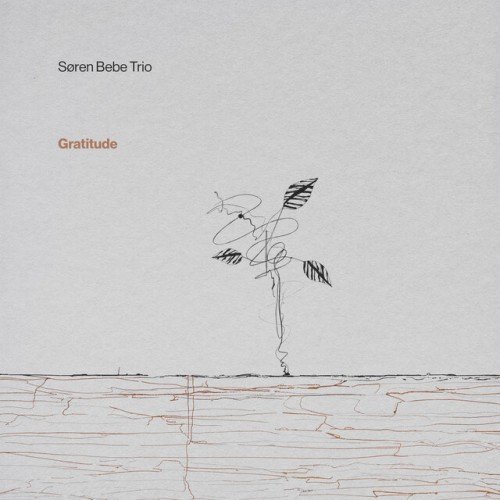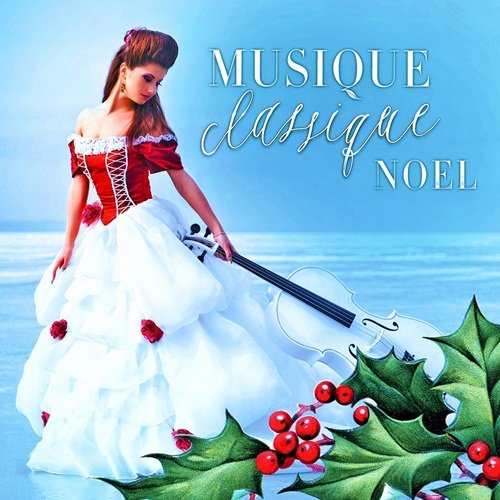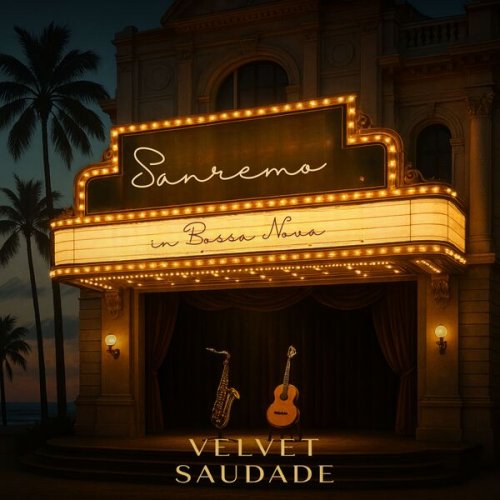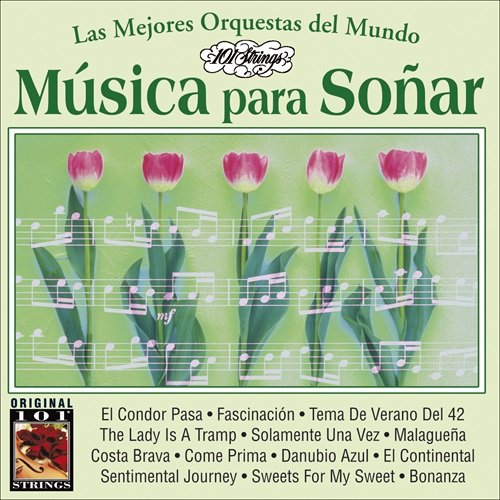Phillip Johnston's Big Trouble - Phillip Johnston's Big Trouble (1993/2024)
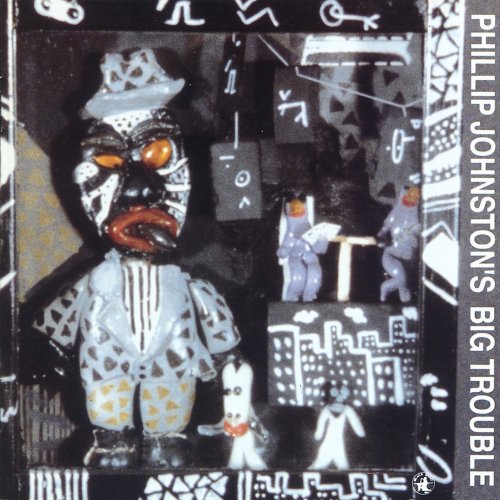
Artist: Phillip Johnston, Adam Rogers, Dave Hofstra, David Tronzo, Jim Leff, Joe Ruddick, Kevin Norton, Richard Dworkin, Marcus Rojas, Phillip Johnston's Big Trouble
Title: Phillip Johnston's Big Trouble
Year Of Release: 1993 / 2024
Label: Black Saint
Genre: Jazz
Quality: FLAC (tracks)
Total Time: 1:05:00
Total Size: 343 MB
WebSite: Album Preview
Tracklist:Title: Phillip Johnston's Big Trouble
Year Of Release: 1993 / 2024
Label: Black Saint
Genre: Jazz
Quality: FLAC (tracks)
Total Time: 1:05:00
Total Size: 343 MB
WebSite: Album Preview
1. The Invisible World (03:36)
2. Step Tempest (07:07)
3. Hemline (02:51)
4. Walking The Dogma (05:52)
5. 12 Bars (04:46)
6. Natural Confusion / Waltz Of The Untouched (09:11)
7. Chillbone (09:53)
8. The Hymn Of The Souls Who Are Passing / Still Water (11:19)
9. Nudididity (07:07)
10. Powerhouse (03:12)
Personnel:
Adam Rogers ( Electric Guitar )
Dave Hofstra ( Bass )
David Tronzo ( Slide Guitar )
Jim Leff ( Trombone )
Joe Ruddick ( Piano, Keyboards )
Kevin Norton ( Drums, Vibraphone )
Phillip Johnston ( Alto And Soprano Sax )
Richard Dworkin ( Bongos )
Marcus Rojas ( Tuba )
Really, why should this music be called avant-garde? Should a band as gloriously fun as Phillip Johnston's Big Trouble really be given a stylistic label equated by many with either difficult art music or deadly serious free jazz? Yes, in the '90s jazz world, the enormously engaging saxophonist/composer and his band of accomplished musical pranksters definitely fell on the avant side of things, but that was more a reflection of the sorry state of the mainstream, in comparison to which, of course, any era's avant-garde is defined. In a rational world, Johnston's first post-Microscopic Septet project would be seen as appealing to a very broad audience segment -- say, those with ears on the sides of their heads. The ensemble's debut recording is unfailingly good-natured, in contrast to the work of the best-known New York downtowner at the time (who sat in awhile with the Micros), John Zorn. In addition to the Micros, of course, another touchstone to Big Trouble is Holland's Willem Breuker Kollektief, but Johnston's band flirts with humor and irony without ever falling into overt schtick. Big Trouble's expert balance of serious and light is achieved through ingenious arrangements that engage the heart and emotions with the most expressive qualities of creative and even free jazz, while wrapping the music in a bright, nearly pop music sheen. The warm colors of the band's reeds and horns -- including Johnston's soprano sax (his principal instrument), the trombone of Jim Leff, the bari sax or bass clarinet of Bob DeBellis, and the occasional tuba from bassist Dave Hofstra -- also seem calculated for maximum ear appeal. Highlights abound on Phillip Johnston's Big Trouble; there is no weak cut on the CD or weak segment within any cut. Whether affectionately tweaking the music of Steve Lacy, Herbie Nichols, or Raymond Scott, or romping through original material by Johnston, DeBellis, or Big Trouble drummer Kevin Norton, the band constantly throws the unexpected into the mix. Credit Joe Ruddick on keyboards and sampler for a lot of the wacky sonics, as on Lacy's "Hemline," where his synthesized squelches in one channel compete with the rubbery skronk of guest slide guitarist David Tronzo in the other. Speaking of guest guitarists, Adam Rogers emerges as a major contributor to several tunes; he puts the power into Scott's "Powerhouse" and the rousing, swooping, almost prog rockish album opener, Johnston's "The Invisible World." And those are his arpeggios, standing in for steel drums, on Johnston's Caribbean-meets-township flavored "Natural Confusion" (before the segue into the bandleader's swinging "Waltz of the Untouched," in which Ruddick sounds like he's comping on the organ at a baseball stadium). These musicians have a light and limber touch even when faced with daunting complexity, as in the steady rolling groove and multi-layered counterpoint of Johnston's "Chillbone," a lesson to minimalists in how to avoid sounding mechanistic. Throughout the recording, Johnston and his cohorts prove that "accessible" needn't be a dirty word, even in the avant-garde world. If you've got ears on the sides of your head, this CD's for you. © Dave Lynch
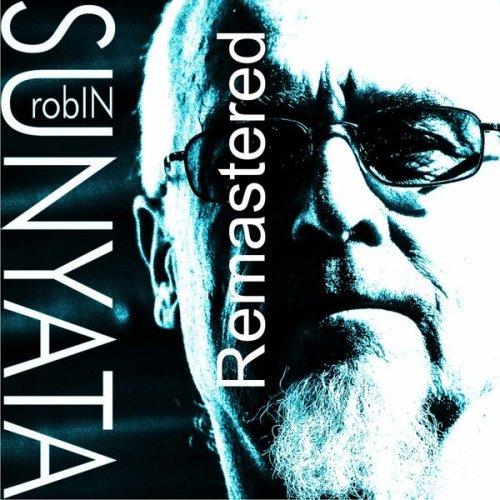
![Fabiano do Nascimento - Vila (2026) [Hi-Res] Fabiano do Nascimento - Vila (2026) [Hi-Res]](https://img.israbox.com/img/2026-02/26/o4t38f6qf24pvc3bqzanbhsz3.jpg)
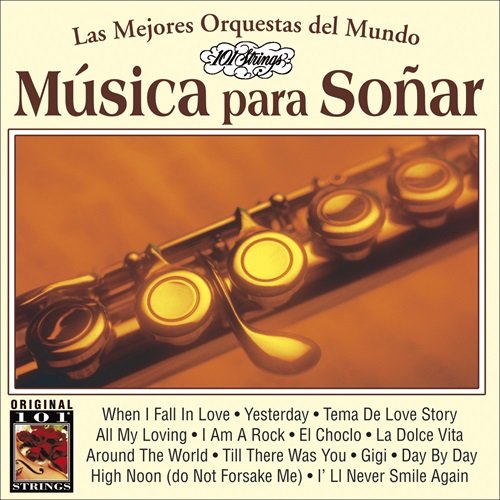
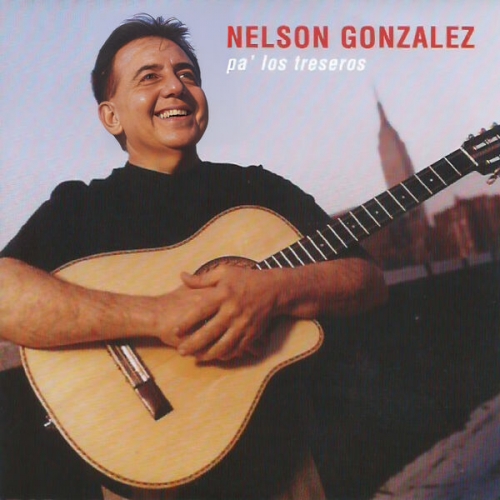
![Asher Gamedze - A Semblance: Of Return (2026) [Hi-Res] Asher Gamedze - A Semblance: Of Return (2026) [Hi-Res]](https://www.dibpic.com/uploads/posts/2026-02/1772032727_a2374104512_10.jpg)
